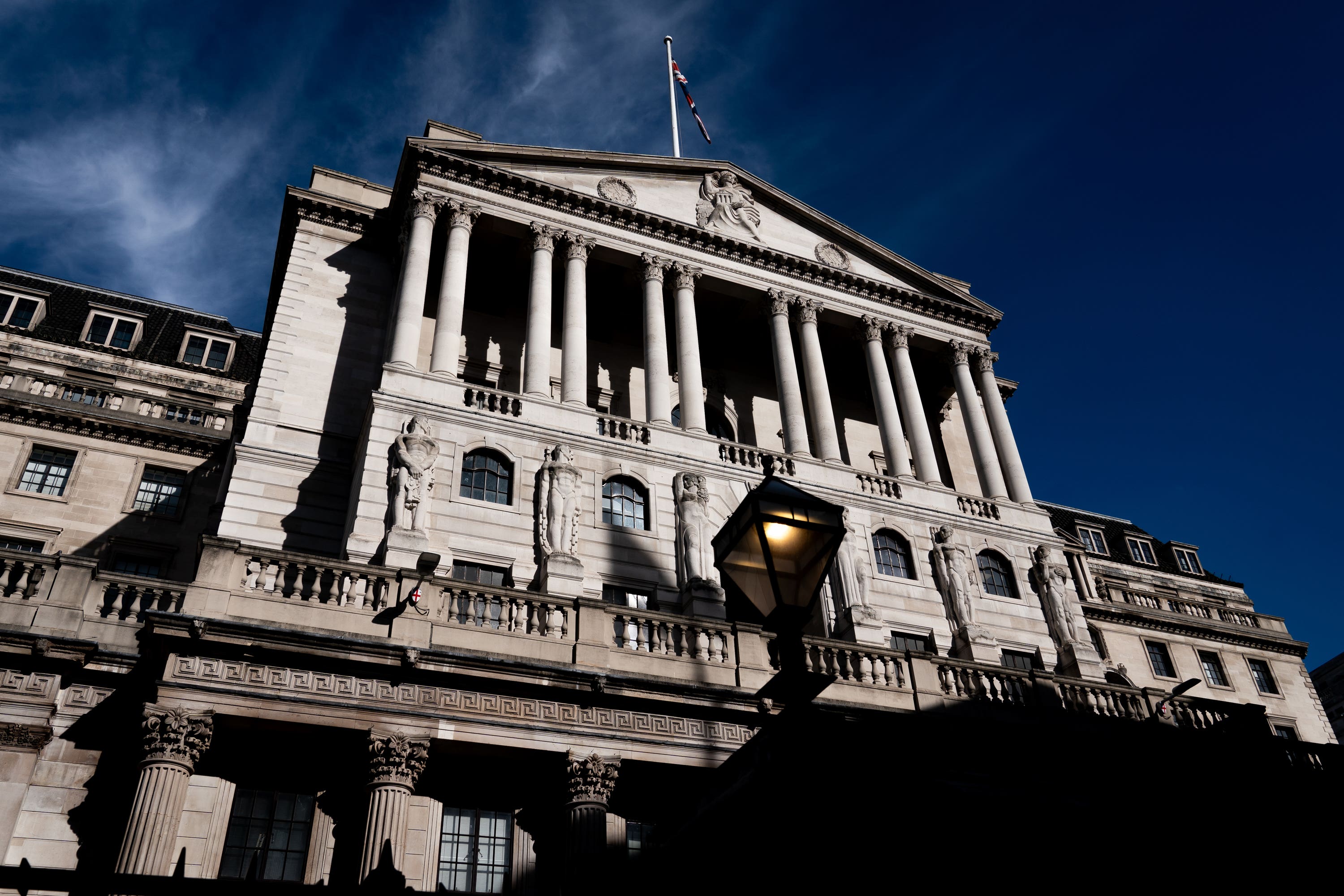Younger, lower-paid workers in firing line of high rates, says Bank policymaker
Policymakers are next set to meet in November.

Younger and low-income workers could be forced to bear the brunt of the nation’s high interest rates, according to a member of the Bank of England’s decision-making Monetary Policy Committee (MPC).
Policymakers last month voted to hold rates at 5.25% after 14 increases in a row, though they cautioned not to assume the end of rate rises.
It marked the first time since November 2021 that the MPC met without deciding to raise interest rates, which have soared from 0.1% to 5.25% as the Bank attempted to put a lid on runaway inflation.
The economy's already flatlined. And we think only about 20% or 25% of the impact of the interest rate hikes have been fed through to the economy
Dr Swati Dhingra, who joined the MPC in August 2022, has frequently voted against a rise, telling the BBC she held concerns over the impact on households and businesses.
She told the broadcaster: “The economy’s already flatlined. And we think only about 20% or 25% of the impact of the interest rate hikes have been fed through to the economy.
“So I think that there’s also this worry that that might mean that we’re going to have to pay a higher cost than we should be paying.”
Dr Dhingra said inflation, along with weaker spending and job cuts ultimately triggered by higher rates, all affect younger and lower paid workers the most.
“The kinds of price increases that we’re seeing, which is energy and food, those will typically impact those people more”, she said.
“And then the interest rates will also typically impact younger, less educated people more. So… eventually when we come out of all of this, we’re going to see that possibly inequality is going to rise.”
With the Bank expecting the UK economy to grow slower than previously thought in the next few months, Dr Dhingra also warned the UK “should be prepared” for a recession.
She said: “When you’re growing as slowly as we’re growing now, the chances of recession or not recession are going to be pretty equally balanced.
“So we should be prepared for that… it’s not going to be great times ahead.”
Policymakers are next set to meet in November.
Bookmark popover
Removed from bookmarks